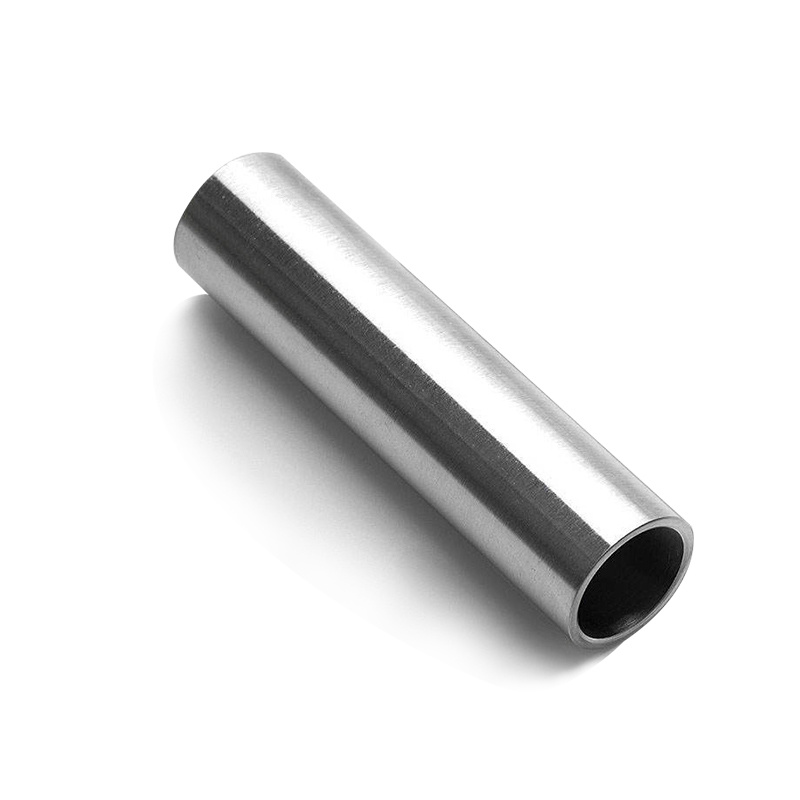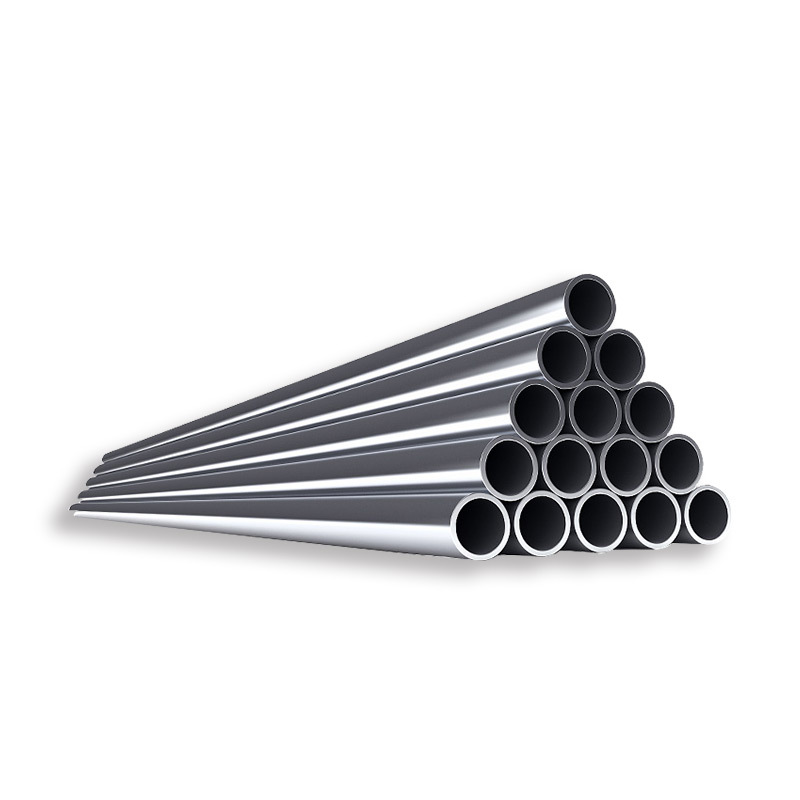PRODUCT CENTER
310S is an austenitic stainless steel that combines excellent high temperature performance with good ductility and weldability. It is usually used for high temperature applications because its high chromium and nickel content provides solid corrosion resistance, excellent oxidation resistance and excellent strength at temperatures up to 2100 °F. Due to its high chromium and nickel content, it is superior to 304 or 309 stainless steel in most environments.
316Ti(UNS S31635) is a titanium stabilized version of 316 molybdenum-containing austenitic stainless steel. 316 alloys are more resistant to general corrosion and pitting/crevice corrosion than traditional chromium-nickel austenitic stainless steels such as 304.
430 grade is a ferritic, straight chromium, non-hardenable grade that combines good corrosion resistance and formability characteristics with useful mechanical properties. Its resistance to nitric acid attack allows it to be used in specific chemical applications, but automotive trim and electrical components represent its largest areas of application.
202 stainless steel is an austenitic chromium-nickel-manganese alloy. It has high ductility, good corrosion resistance and excellent toughness in both high and low temperature environments. 202 stainless steel is one of the most widely used 200 series stainless steel. 202 stainless steel, the austenitic structure is stabilized by the addition of nickel and manganese, thereby preventing the formation of harmful phases, such as sigma phase or chromium carbide. The high nickel content also improves the corrosion and oxidation resistance of the steel at high temperatures.
301 grade stainless steel is a common austenitic stainless steel with good corrosion resistance and high carbon content, and can be cold worked to various temperatures. Among stainless steels, 301 is the most easily strengthened steel by cold deformation. Cold deformation processing can improve the strength and hardness of steel, and retain sufficient plasticity and toughness. In addition, this steel has good rust resistance under atmospheric conditions, but its corrosion resistance in reducing media is poor, and its corrosion resistance in chemical media such as acid, alkali and salt is poor. Therefore, it is not recommended for corrosive environments.
302 stainless steel is a variant of 18% chromium and 8% nickel austenitic stainless steel. This alloy is the most common and frequently used alloy in the stainless steel family. 302 are slightly higher carbon versions of the 304, usually in the form of ribbons and wires. It is a tough, tough grade, has considerable corrosion resistance, is non-magnetic, and cannot be hardened by heat treatment. 302 are typically used in their annealed state and have a high degree of ease of manufacture and formability.
303 grade stainless steel is also called 1.4305 stainless steel, and 303 grade is the easiest to process of all austenitic stainless steels. The machinability properties of the 303 grade are due to the presence of sulfur in the steel elements. Sulfur can improve machining, but it also reduces corrosion resistance and toughness. The corrosion resistance of the 303 type is lower than that of the 304 type, but the toughness is still as excellent as other austenitic grades.
317L is a low-carbon austenitic stainless steel containing molybdenum. More chromium, nickel and molybdenum are added to obtain better corrosion resistance and increase the resistance to sulfurous acid, acetic acid, formic acid, citric acid and tartaric acid. Resistance to chemical attack. Due to its low carbon content, 317L also provides resistance to sensitization during welding, as well as higher creep, rupture stress and high temperature tensile strength. It is non-magnetic in the annealed state, but may become slightly magnetic after welding.
321(UNS S32100) is a titanium stabilized austenitic stainless steel with good general corrosion resistance. It has good intergranular corrosion resistance at a chromium carbide precipitation temperature of 800-1500 °F(427-816°C). The alloy is resistant to oxidation at 1500 °F(816°C) and has higher creep and stress rupture properties than the 304 and 304L alloys. It also has good low temperature toughness.












